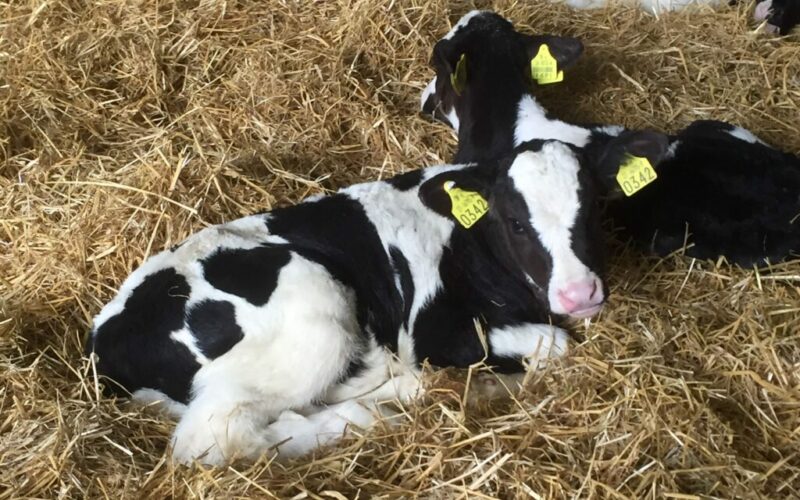In a significant move towards animal welfare, the Dutch Parliament has recently passed a legislation imposing a ban on the importation of calves. This decision, aimed at safeguarding the rights and well-being of these young animals, marks a pivotal moment in the Netherlands’ commitment to ethical farming practices. This article will delve into the details of this landmark decision and its potential implications for the livestock industry and animal rights advocates.
The Dutch Parliament’s approval of the calf import ban demonstrates a growing awareness and concern for the ethical treatment of animals within the agricultural sector. The legislation reflects a collective effort to address the often contentious issue of live animal transport, which has been a subject of debate and scrutiny worldwide. By prohibiting calf imports, the Netherlands is taking a significant step towards prioritizing the humane treatment of animals.
The decision to ban calf imports is rooted in a desire to address the welfare concerns associated with the transportation and rearing of young calves. Long journeys and cramped conditions during transport can cause distress and discomfort for these animals. Furthermore, concerns over their subsequent treatment and living conditions upon arrival have prompted the need for stricter regulations. The new legislation aims to mitigate these issues and ensure that calves are raised in conditions that prioritize their well-being.
The calf import ban is expected to have a positive impact on the Dutch livestock industry, promoting domestic calf farming and reducing the dependence on foreign suppliers. This shift towards self-sufficiency in calf production may lead to improved quality control, traceability, and overall standards of animal welfare. Additionally, it can bolster the local economy by providing opportunities for Dutch farmers to expand their operations.
While the ban on calf imports is primarily driven by ethical concerns, it may also have economic and trade implications. The legislation could potentially affect the dynamics of international livestock trade, prompting a reevaluation of existing agreements and supply chains. Moreover, it may encourage other countries to reexamine their own policies regarding live animal transport and welfare standards.
The Dutch Parliament’s decision to prohibit calf imports sets a noteworthy precedent in the global conversation on animal rights and welfare. It sends a powerful message to other nations about the importance of prioritizing the humane treatment of animals in agricultural practices. This move may inspire similar legislative initiatives in other countries, further advancing the cause of animal rights on an international scale.
The Dutch Parliament’s approval of a ban on calf imports represents a significant milestone in the pursuit of ethical and humane livestock practices. This decision not only addresses the welfare concerns associated with live animal transport but also signifies a broader commitment to upholding the rights of animals within the agricultural industry. As other nations observe and consider similar measures, the Netherlands’ stance on calf imports is poised to have a far-reaching impact on the global conversation surrounding animal welfare.








